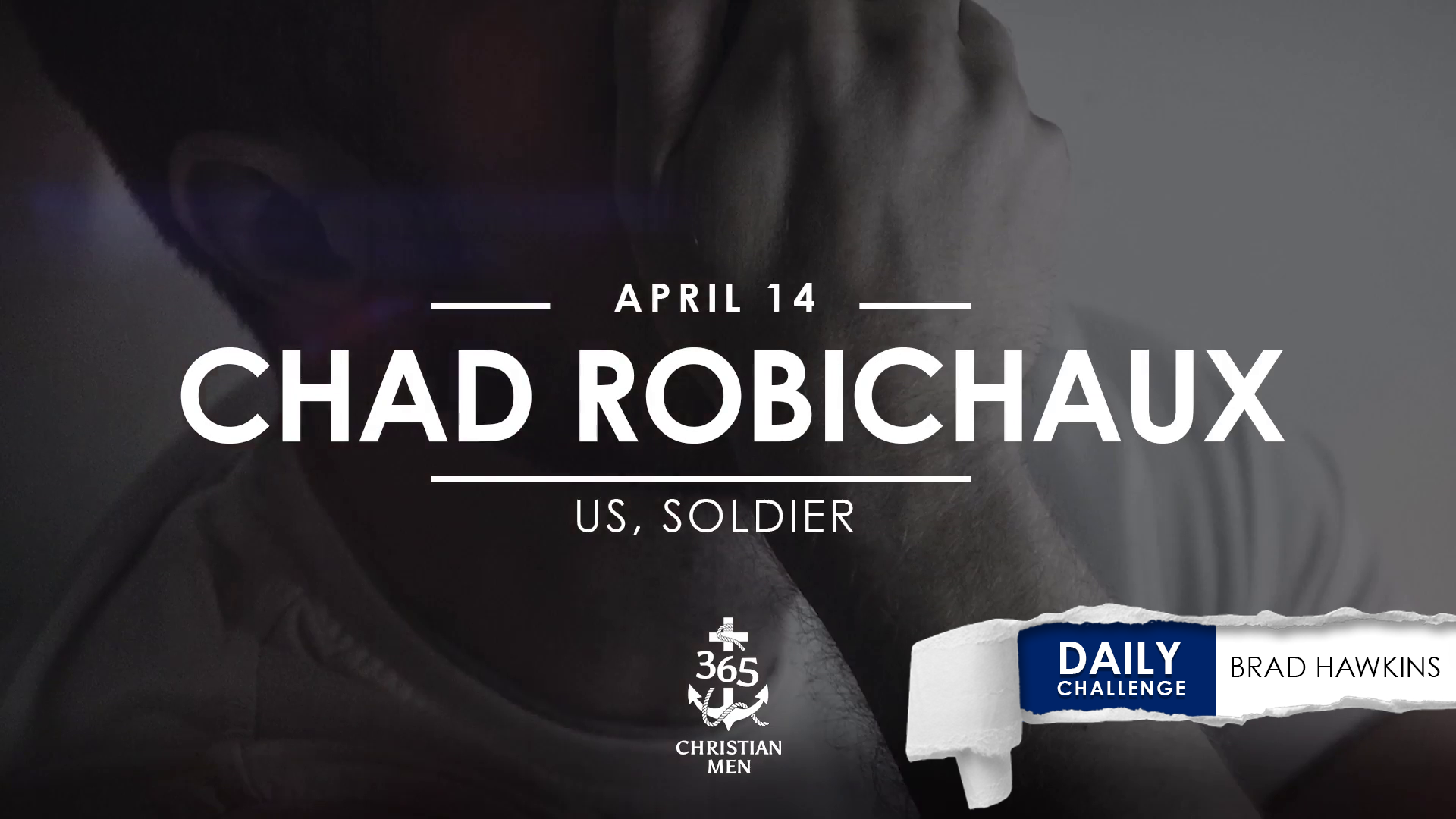April 19. Dwight Lyman Moody. Moody’s first job—in a retail shoe store—required him to attend church. He dutifully attended and soon committed his life to the Lord Jesus. Soon, he was on his way to Chicago and owning his own shoe business. His shoe business grew, and so did his interest in providing a Sunday school for the local YMCA.
On this date in 1860, Moody gave up his shoe business to spend more time serving the YMCA. Meanwhile his Sunday school flourished and eventually grew into a church—with Moody as its pastor.
During the Civil War years, as Union troops mobilized at Camp Douglas, Moody ministered to them. From 1861–1865, he served thousands of soldiers, Union and Confederate, on and off the battlefield.
After the war, Moody established schools for men and women, traveled to England and Ireland to hold revival meetings, and completed numerous American tours, always compelled to preach the message of Christ.
In 1879, he founded a seminary for girls, and in 1889, he founded the Chicago Bible Institute, which is now the Moody Bible Institute.
When the Bible Institute was still in the dream stage, Moody shared his vision with his friends. “I tell you what I want, and what I have on my heart,” he said. “I believe we have got to have gap-men to stand between the laity and the ministers; men who are trained to do city mission work. Take men that have the gifts and train them for the work of reaching the people.”
Model Jesus boldly and jumpstart God’s plan.
Night had fallen over the city of Chicago, and DL Moody should have been home hours ago. The streets, usually crowded and noisy with the rumble-clatter of horse-and-carriage traffic, were now eerily quiet. Empty.
Moody picked up his pace. He wanted to get home and sit in front of a fire. So he strode, lost in his thoughts.
Suddenly, a dark figure appeared, and Moody stopped abruptly. The stranger leaned against a near lamppost, and Moody was glad he hadn’t run into the man.
The fellow was long and thin, and Moody reached out and laid a hand on the man’s bony shoulder. “Excuse me, sir, are you a Christian?” Moody asked, as calmly as if he had been asking for directions to Union Station.
The man startled and threw off Moody’s hand and pulled back a fist, ready to let it fly.
Quickly, Moody apologized. “I’m sorry, sir, I thought it was a proper question.”
“Mind your own business!” The man snarled like a bully of a dog.
“Oh! This is my business,” said Moody, again with that same unusual confidence.
The man—obviously puzzled—shrugged, shook his head, and stormed off.
Years before, Moody himself had been on the receiving end of this “business.” When he’d been young and a stranger in a new town, an old gentleman had approached him right out on the street. Out of the Chicago blue.
The calm, confident gentleman told Moody that God loved him. He gave young Moody a coin to buy a sweet and went on to explain the good news of the Gospel. Moody was so captivated, he forgot all about buying the candy.
Moody gave his life to the Lord several years later. But he never forgot the words and actions of love from an old gentleman stranger right out on the street. Moody called him his “good Samaritan.”
And then Moody went into that same “business”—reaching people—whether friends or family or strangers—for Christ.
DL Moody became one of the most famous evangelists in the English-speaking world, and he ended up preaching to thousands. He even started schools to train young people in evangelism and missions.
“I think how that old man lifted a load from me, and I want to lift a load from someone else.”
It was dawn in Chicago. The early morning fog was starting to lift. Already, the streets were starting their bustle of business. DL Moody and his household were also beginning preparations for the day.
When Moody heard a soft knocking at his front door, he supposed it to be the milkman with his dawn delivery and opened the door. But a man stood there—not the milkman—but a man vaguely familiar to Moody stood on the steps.
“It’s me, sir. I met you on the street one night. From what you said to me, I thought it would be alright for me to come to see you.”
It was the leaner on the lamppost! In the daylight, Moody hardly recognized the long-and-thin man.
“Your question has troubled me so much, I haven’t been able to sleep,” the man said. “I wonder if you could pray for me.”
Moody quickly invited the man in, and he let the Lord Jesus take hold of his life that day. A few years, that old man died. Civil War. In those years, the long-and-thin man was busy in the same business as Moody, winning people to Christ. All who were willing to come.
“Imitate me, just as I imitate Christ” (1 Corinthians 11:1 NKJV).
“Did you not know that I must be about My Father’s business?” (Luke 2:49 NKJV).
Who is your business? Ask God to point out someone—a stranger on the street, a co-worker, a family member? Who needs to experience God’s love through you?
In the words of DL Moody, “So let me say, find some work…When you have won one soul to Christ, you will want to win two, and when you get into the luxury of winning souls, it will be a new world to you, and you will not think of going back to the world at all.”
Model Jesus boldly, and jumpstart God’s plan.
Johnson, Ruth I. Christians You Should Know. Chicago: Moody Press, 1960
Moody, Dwight Lyman, edited by McClure, James Baird. D.L. Moody’s Child Stories. Chicago: Rhodes & McClure, 1877
https://bibletruthpublishers.com/d-l-moody/moodys-stories/dwight-l-moody/lub253-41523














